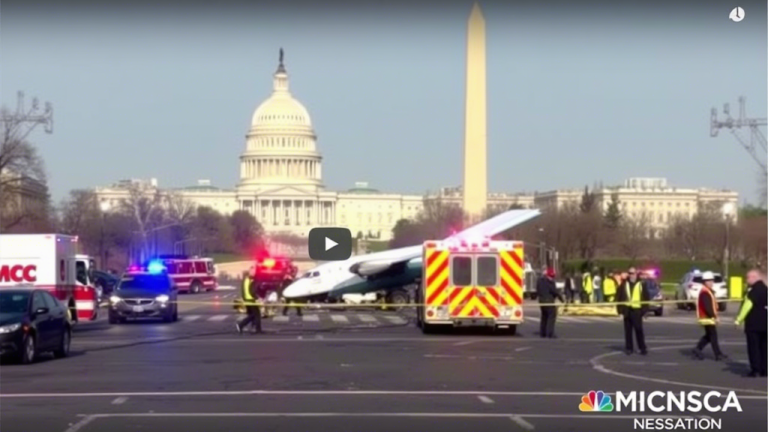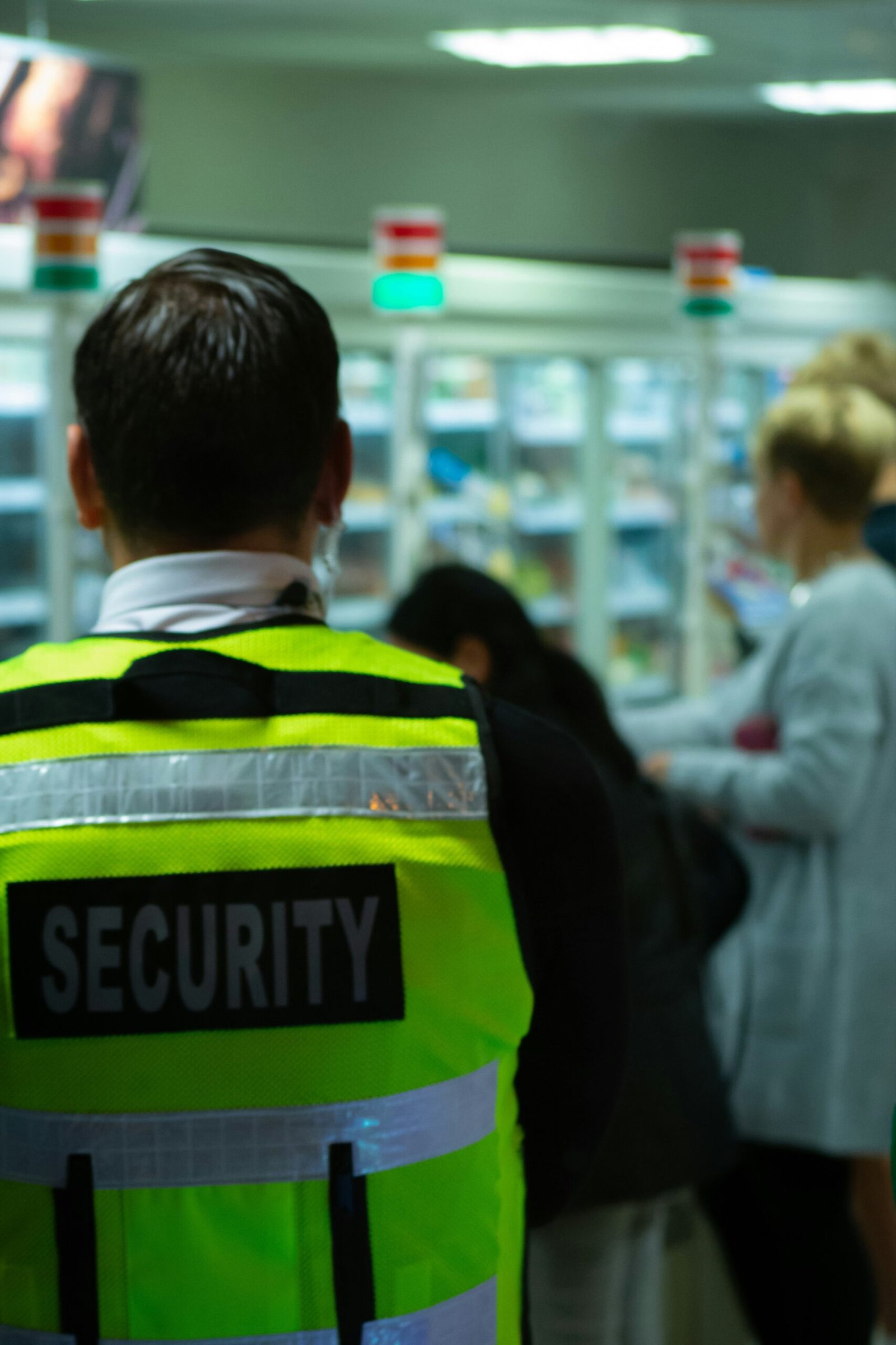Security Tensions in Lebanon and Protests Near Beirut Airport
Introduction
Lebanon has long been a nation marked by political instability, sectarian divisions, and external influences. In recent weeks, tensions have escalated significantly, particularly near Beirut Airport, where clashes erupted between Hezbollah supporters and the Lebanese army. This incident, along with an attack on a UNIFIL (United Nations Interim Force in Lebanon) convoy, underscores the fragile security situation in the country. Lebanese President Joseph Aoun and Prime Minister Nawaf Salam have both condemned the violence, calling for legal action against the perpetrators and emphasizing the need for road security. This article will provide an in-depth analysis of these events, their causes, and their implications for Lebanon’s stability.
Background of the Conflict
Lebanon has faced numerous political and security challenges in recent years, exacerbated by economic collapse, corruption, and the influence of regional actors. Hezbollah, a powerful Shiite militant group and political entity, has played a dominant role in Lebanon’s affairs, often clashing with state institutions. The Lebanese army, tasked with maintaining security, has found itself in a difficult position, balancing between enforcing the law and avoiding direct confrontations with Hezbollah and its supporters.
The latest tensions near Beirut Airport are a reflection of this ongoing struggle for control. The protests, marked by roadblocks and burning tires, signal growing dissatisfaction among Hezbollah supporters, who perceive certain government actions as threats to their influence. The army’s response, using tear gas to disperse demonstrators, highlights the state’s attempt to assert authority and maintain order in a volatile situation.
The Clashes at Beirut Airport
Beirut Airport is a crucial infrastructure hub in Lebanon, serving as the country’s primary gateway for international travel and commerce. The proximity of protests to such a vital location raises concerns about potential disruptions to transportation and economic activity.
Eyewitnesses reported that demonstrators, primarily Hezbollah supporters, took to the streets near the airport, setting up roadblocks with burning tires. The Lebanese army intervened, deploying tear gas to disperse the crowds. The motivations behind the protests remain complex, but they are believed to be linked to broader political grievances and potential legal or military measures against Hezbollah-affiliated individuals.
These clashes highlight the challenges facing the Lebanese army, which must navigate a highly sensitive political landscape. Direct confrontations with Hezbollah could escalate into larger conflicts, yet failure to act against lawlessness could weaken state authority even further.
Attack on the UNIFIL Convoy
Another alarming incident occurred when a UNIFIL convoy was attacked, resulting in injuries to two peacekeeping soldiers and the destruction of an international forces vehicle. UNIFIL, which has operated in Lebanon since 1978, plays a key role in maintaining peace along the Israeli-Lebanese border. However, its presence has often been met with resistance from Hezbollah and its supporters, who view the mission as an extension of Western and Israeli interests.
The attack on UNIFIL raises concerns about the safety of international peacekeepers in Lebanon. Previous incidents have demonstrated hostility toward the mission, with accusations that UNIFIL is interfering in Lebanese affairs. The targeting of peacekeeping forces could have diplomatic consequences, potentially affecting Lebanon’s international standing and its relationships with the United Nations and foreign aid donors.
Reactions from Lebanese Leaders
Lebanese President Joseph Aoun and Prime Minister Nawaf Salam swiftly condemned the recent violence. Both leaders stressed the importance of prosecuting those responsible for the attacks and ensuring the security of roads and public spaces.
Their statements reflect the government’s attempt to project stability and enforce the rule of law. However, Lebanon’s fragmented political system complicates such efforts. Hezbollah remains a powerful force within the government, making it difficult to take decisive action against the group or its supporters without risking further instability.
Implications for Lebanon’s Security and Stability
The recent incidents highlight several key challenges facing Lebanon:
- Weak State Authority: The Lebanese government struggles to enforce security measures due to the influence of non-state actors like Hezbollah.
- Political Divisions: Sectarian and political divisions continue to fuel unrest, making it difficult to implement long-term stability measures.
- Economic Impact: Disruptions near Beirut Airport and attacks on international forces could deter foreign investments and worsen Lebanon’s economic crisis.
- International Relations: Violence targeting UNIFIL may strain Lebanon’s ties with the United Nations and its allies, potentially affecting foreign aid and diplomatic relations.
Conclusion
The clashes near Beirut Airport and the attack on a UNIFIL convoy serve as stark reminders of Lebanon’s fragile security situation. While the Lebanese government has condemned these incidents, addressing the root causes of instability remains a significant challenge. The influence of Hezbollah, economic hardships, and political divisions continue to shape Lebanon’s trajectory, making long-term stability uncertain.
Moving forward, Lebanon must find a balance between asserting state authority and navigating its complex political landscape. Strengthening national institutions, ensuring accountability, and engaging in diplomatic efforts will be crucial in preventing further escalation and securing a more stable future for the country.




